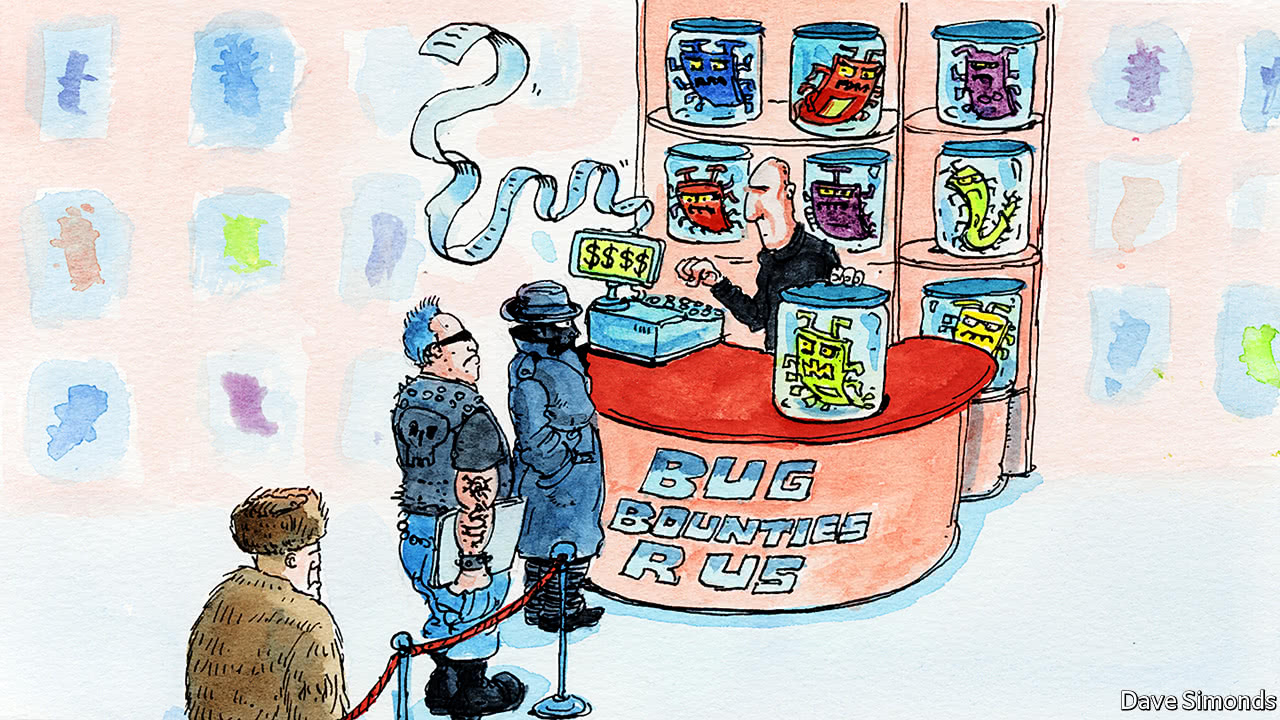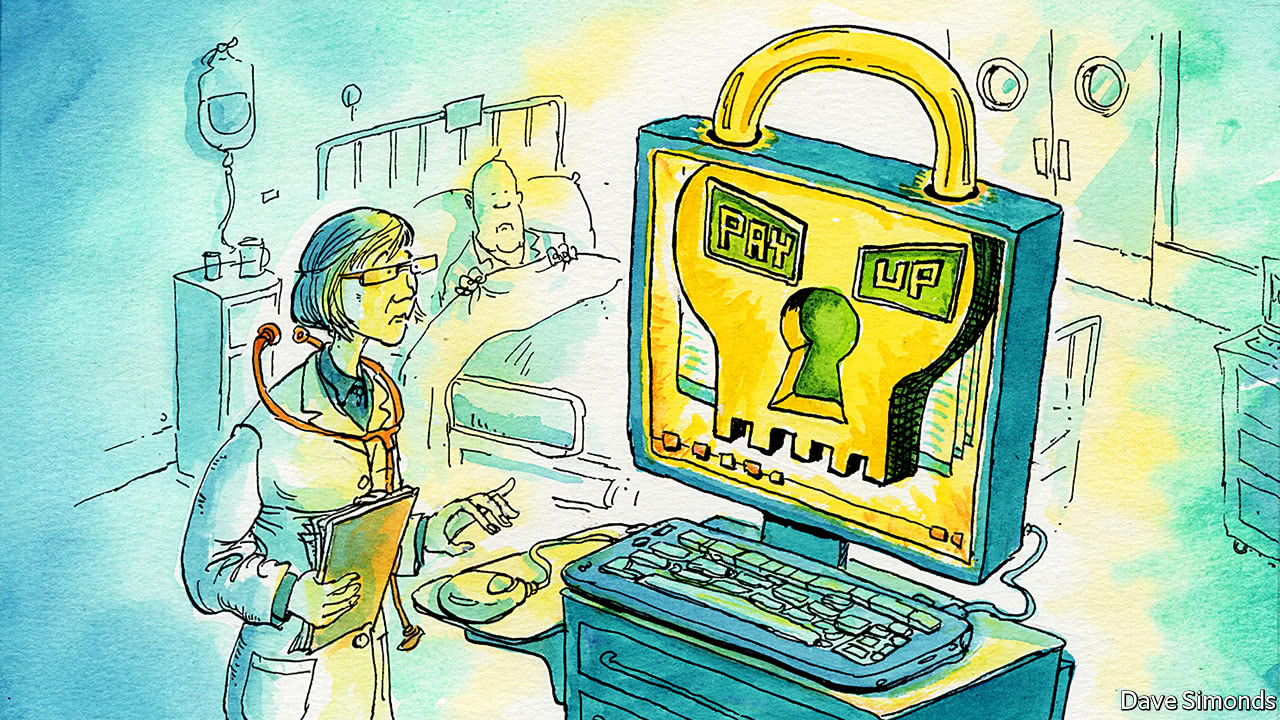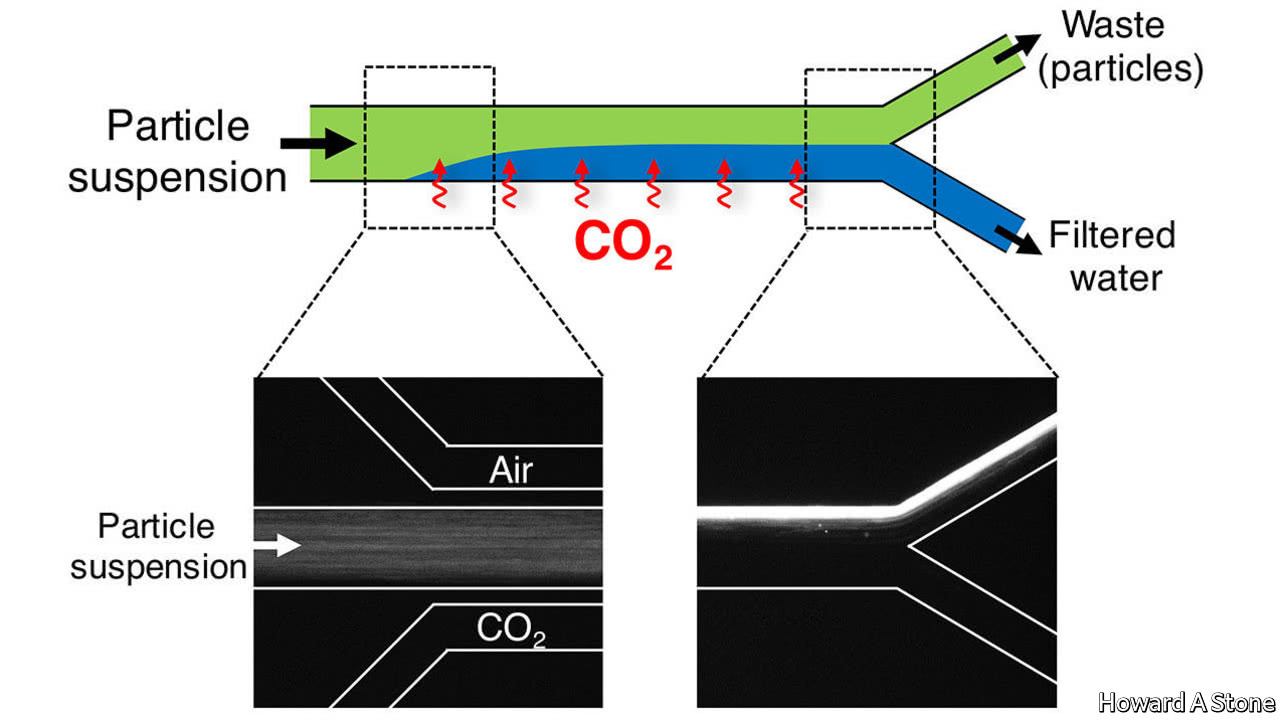Using light to fingerprint paper
A PIECE of paper is a complicated product. Trees are felled, stripped of their bark, chipped, mashed, and then mixed with water and churned into pulp. That pulp is washed and refined, before being beaten to a finer slush. Laid out flat, drained of water, then squeezed between large rollers, the slush at last becomes one large, long sheet of paper.
All those machinations introduce a great deal of randomness to the arrangement of fibres within an individual piece of paper. In an article due to be published in Transactions on Privacy and Security, Ehsan Toreini, a security expert at the University of Newcastle, and his colleagues, describe a way to turn that randomness into a “fingerprint” that is unique to any given sheet of paper. (In security jargon a fingerprint is any unique, identifying pattern, not just one from a finger). That could, they hope, help to cut down on fraud.
The researchers are not the first to realise that paper might…Continue reading
Source: Economist













